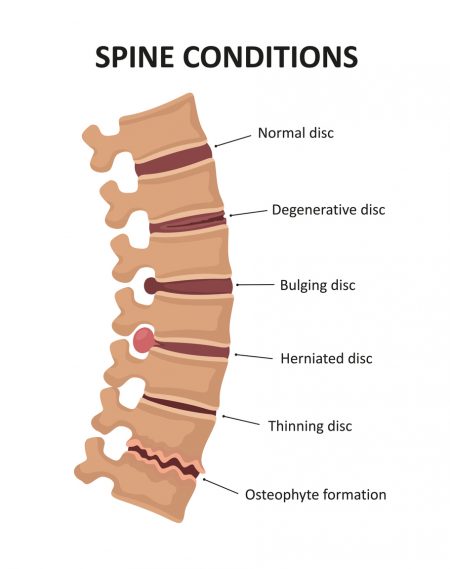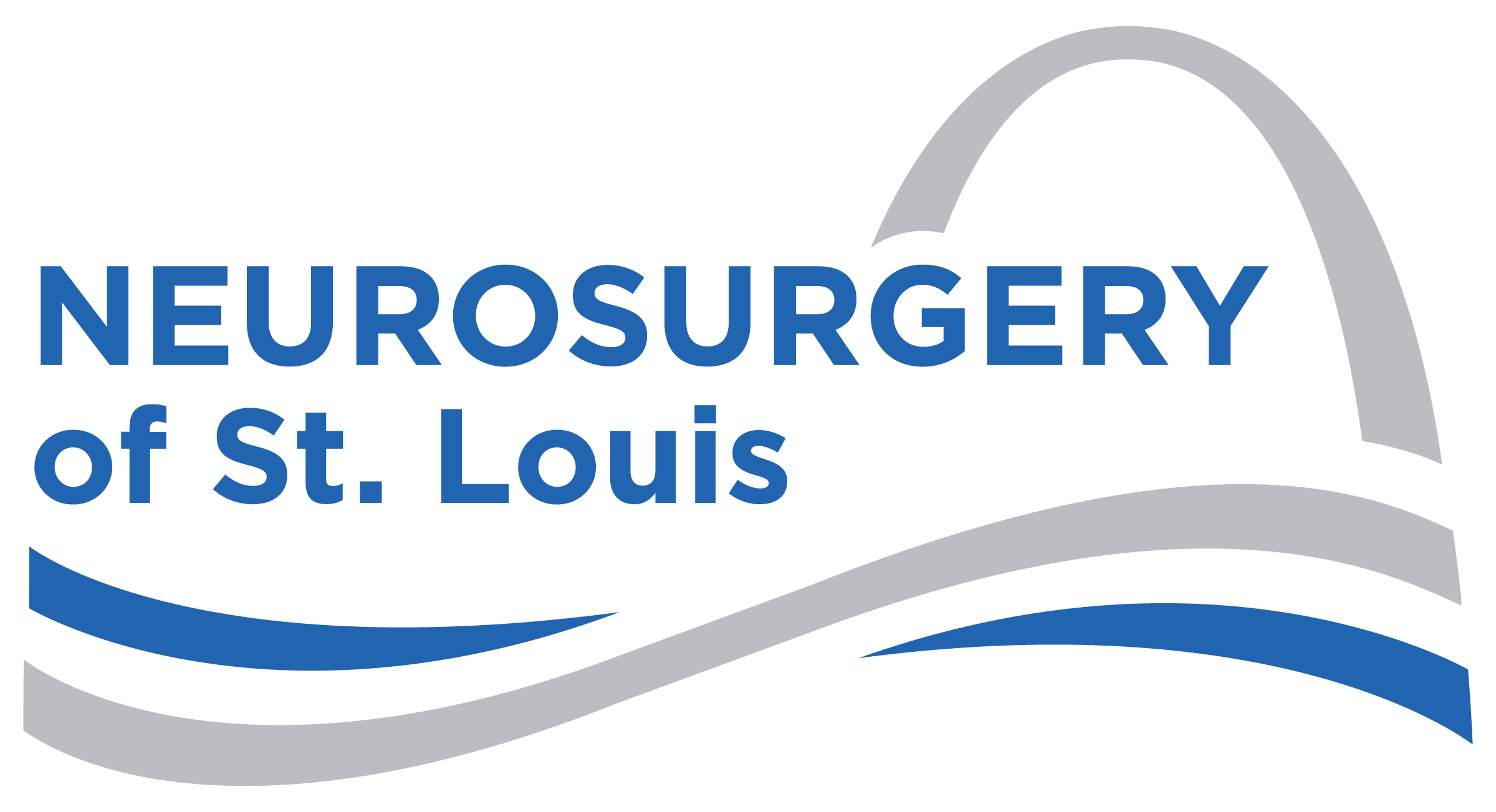MANAGING PAIN FROM DEGENERATIVE SPINE DISEASE

Types of Degenerative Spine Disease
Learn more about what types of degenerative spine disease that you may suffer from. Contact a St. Louis degenerative spine disease doctor to help manage the pain.
- Cervical stenosis – the narrowing of the spinal column in the neck
- Lumbar stenosis – the narrowing of the spinal column in the back
- Herniated disc – a disc between the vertebrae slips out and pinches a nerve
- Spondylolisthesis – caused by a vertebra slipping out of place and pinching a nerve
Diagnosis
We talk to you about where and when your back pain started, and how it has progressed. We’ll take a look at your medical history and do an MRI to view the condition of your vertebrae and discs.

Risks and Symptoms
Degenerative spine disease comes from wear and tear on the spine simply by aging. So if you are over the age of 60, and experiencing moderate back pain with severe flare ups, or shooting pain in your arms or legs, it could be a sign of the discs degenerating in your neck or lower back.
Symptoms include:
- Continuous low-level pain in the affected area
- More painful flare-ups that may last days or weeks
- Pain reduces when changing positions
- Stiff neck or back
- Lessened range of motion
- Shooting pain down arms or legs
Learn More About Degenerative Spine Disease
Treatments for Degenerative Spine Disease
- Pain Medication
- Epidural Injections
- Chiropractic Care
- Massage Therapy
- Back Exercises
- Weight Loss
- Quitting Smoking
- Contact Us
Massage therapy from a massage therapist, chiropractor, or physical therapist can help treat muscular causes of neck or back pain.
Ready to learn more? Contact us today to get started.
Make an Appointment
New & Existing Patients: Request An Appointment
New and existing patients may request an appointment by filling out the form below. Someone from our team will be contacting you to schedule an appointment time.

